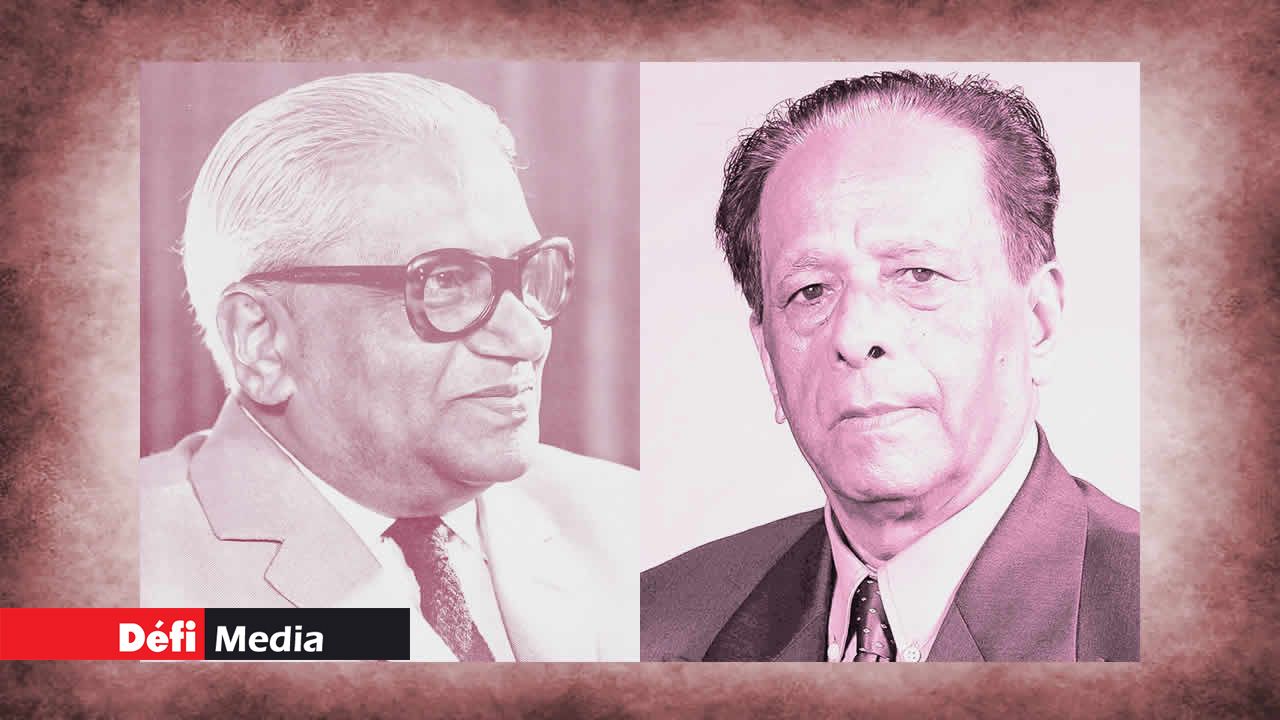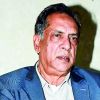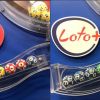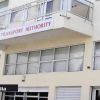
When Germany occupied France and brought Britain to its knees during the Second World War before being at its turn defeated by the Allies, amidst a devastated Europe, it was clear for all the chastised « conquistadors » that the era of colonial rule was over – at least in major parts of their empires.
Publicité
Mauritius, unlike some former colonies, did not wage a war of liberation to obtain its independence. It was rather the result of an internal political struggle fought between progressive forces and a broad spectrum of diverse interests. The anti-independence camp was for the most spurred either by fear of the future, defense of vested interest or sheer ignorance.To note that a vile campaign, on racial line, promoted in notorious sections of the media, was waged against Independence. The heterogenous anti- Independence lobbies were either backed or involuntarily played in the hands of the then sugar oligarchy. As could be expected, the British exploited the internecine conflict to excise the Chagos archipelago from the national territory.Thus, Mauritius obtained a rather peaceful Independence, but division was rife − 44% of the population voted against Independence in 1967 while tens of thousands emigrated to South Africa, Australia and other parts of the world.
It was clear from the onset that such a divided country, psychologically molested by words of hatred during the electoral campaign, wouldn’t go far until it was reconciled with its new status. One Paul Berenger, a student on vacation from study abroad, wrote a piece in a local daily arguing that it was in the best interest of the country that pro and anti-Independence elected parties joined forces to form a coalition government. Subsequently, this became a reality under the patronage of France’s Minister of Foreign Affairs, Michel Debré − he symbolically brought Sir Seewoosagur Ramgoolam, leader of Ptr, and Sir Gaëtan Duval, leader of PMSD, to shake hands at a reception.
Whatever the hiccups, under the stewardship of Sir Seewoosagur Ramgoolam, the country managed not only to survive but to make some progress. Drawing from his philosophy of live and let live and the Fabian school of thought from his university years in UK, SSR − and his colleagues− endeavored to build a Welfare State. This was not going to be an easy task given that the country relied almost entirely on sugar export − and international aid − for a living.
On the political front, the all-pervasive Ptr/PMSD coalition government created a vacuum in the opposition. This space was swiftly occupied by the uprising MMM and its charismatic leader, Paul Berenger. Political activism was reignited followed by a vicious cycle of demands – strikes − repression. In the ensuing melee, democracy was curtailed with restrictive laws (Public Order Act and Industrial Relations Act) and regulations governing gatherings, strikes, and other areas of civil liberties. More importantly, the general elections were postponed for another five years, and the press put under censorship. Eventually, the unrest and internal squabbles brought the coalition government to implode.
One Paul Berenger, a student on vacation from study abroad, wrote a piece in a local daily arguing that it was in the best interest of the country that pro and anti-Independence elected parties joined forces to form a coalition government.
In 1976, on the verge of loosing power, SSR played his trump card. He announced, on the eve of general elections day, the introduction of free education at secondary level, and eventually at university level. SSR managed once again to retain power within a renewed coalition with its arch foe and ally, the PMSD, even though the MMM emerged as the single biggest winner at the polls.
Although introduced as a bait to woo the electorate, free education was a boon for middle-class and working-class families. It gave their children a visa for social emancipation. Importantly, free education had a major spillover effect by endowing the country with a growing social capital base. Overtime, the educated workforce has become a key capability in the absence of other natural resources.
Despite major achievements on the social front, the SSR regime, roughed by dire economic times and plagued by mounting political scandals, was wiped out of power at the 1982 general election in a 60-0 electoral tsunami. Paul Berenger, as Finance minister of the new MMM/MSM government, took upon himself to introduce the sour medicine proposed by the International Monetary Fund − e.g. reduction of subsidies on staple foods such as rice and flour, introduction of the sales tax, etc.–purported to heal the country of its economic ills. Dissensions within the MMM/PSM government resulted into its breakup. Yesterday’s comrades became acrimonious foes, and vice versa.
In the ensuing electoral battle, Sir Anerood Jugnauth, former MMM Prime Minister, who by then has launched the MSM, with the help of Harish Boodhoo’s PSM, managed with the help of Ptr and PMSD, to reconquer power. He managed also to renegotiate with the IMF the economic package imposed on the country. The most stringent austerity measures, namely the abolition of food subsidies, were abandoned. Soon after, with Vishnu Lutchmeenaraidoo at the helm as Minister of Finance, a set of liberal policies were adopted. Mauritius opened to the world and became pragmatic to the extent of befriending both China and Taiwan, archetypes enemies at that time. More pillars− manufacturing, financial, offshore − were added to the economic base to support the ailing sugar industry and giving a boost to tourism.
The no nonsense stance of Sir Anerood as compared to the « jaide » approach (let them do what they wish) of Sir Seewoosagur, reinstituted some badly needed discipline in the conduct of the affairs of the country. From a country on the verge of bankruptcy in the early 80’, Sir Anerood – and his team- managed to diversify the economy while bringing unprecedented prosperity to the country. However, despite the « economic miracle » achieved during his Primeministership, he too was evicted from power amidst political scandals. In as much as Labour supporters crowned SSR as « the father of political independence »; Sir Anerood was hailed as « the father of the economic independence » by his supporters and well-wishers.
The rest is recent History.
To read tomorrow « The Inter-Dependence Era »

Notre service WhatsApp. Vous êtes témoins d`un événement d`actualité ou d`une scène insolite? Envoyez-nous vos photos ou vidéos sur le 5 259 82 00 !
















![[Info Soirée] « Kouma dir mo finn ale fer Itikaaf »](https://defimedia.info/sites/default/files/styles/square_thumbnail/public/thumbnail_150524.jpg?itok=QbGlPBzb)




